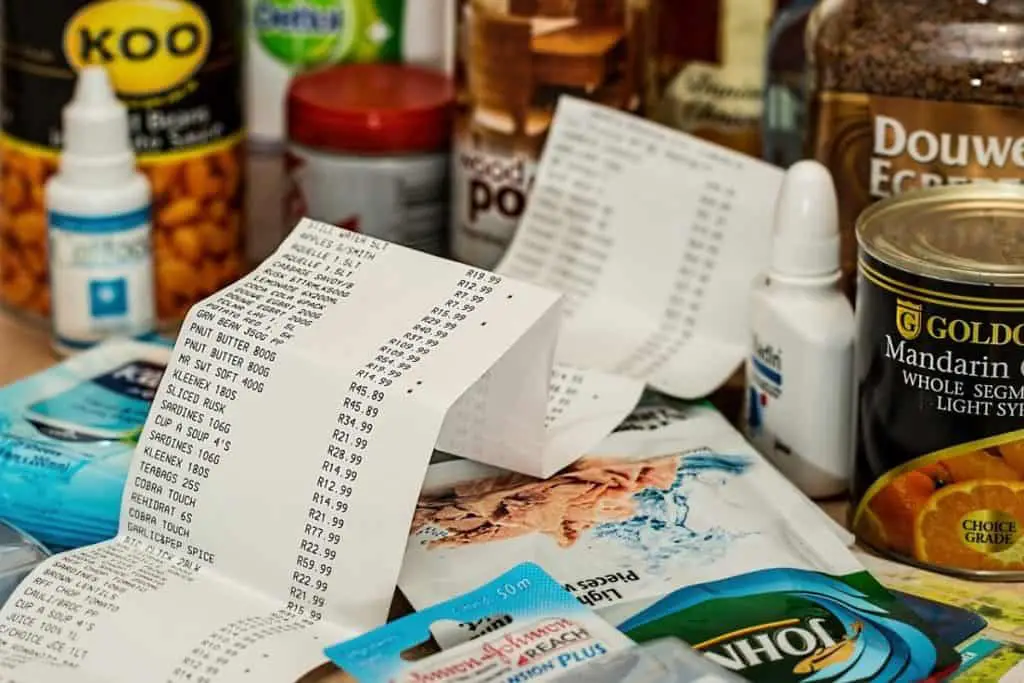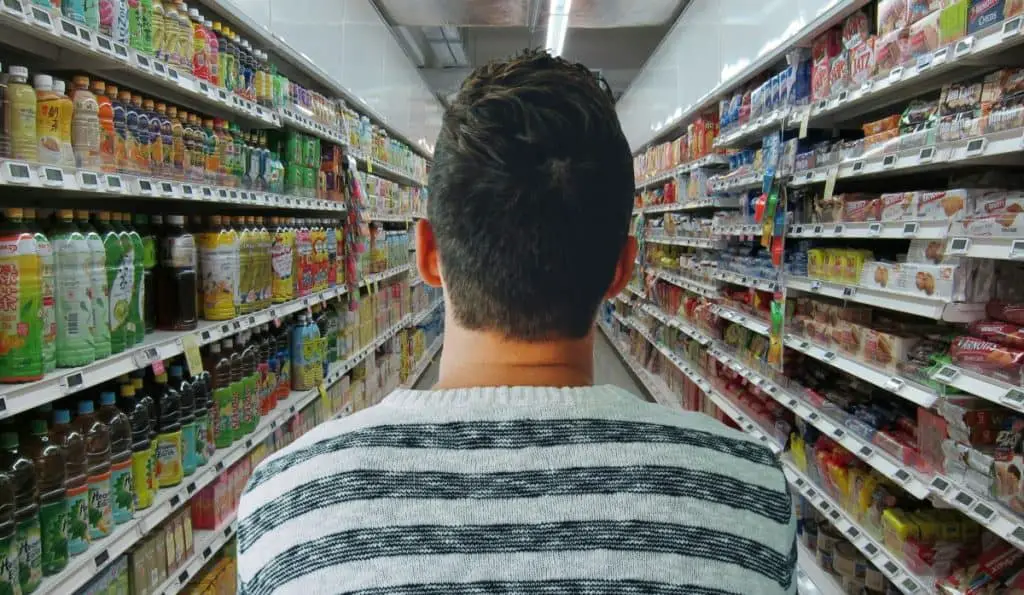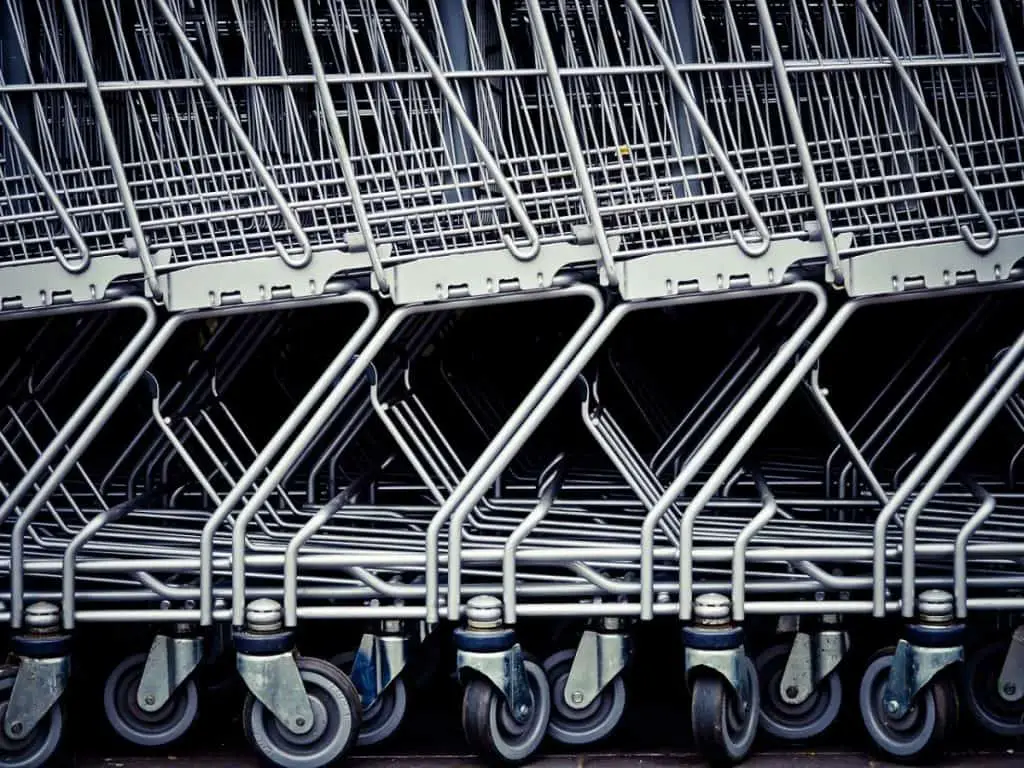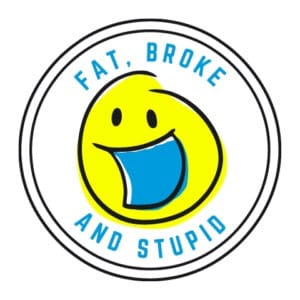
Big box stores are so popular that many grocery stores and other types of retailers have started to carry certain items in bulk quantities. If you have the storage space available, there is a certain comfort that comes from knowing that you have a stash supply of paper towels or toilet paper, but you may find yourself wondering whether or not that is a wise choice.
Why is it cheaper to buy in bulk? One reason it is less expensive to buy in bulk is that it costs manufacturers less to package items for sale in bulk than it does to package smaller or individual items. Buying in bulk also means fewer trips to the store, which saves on gas.
There are certain items you can usually count on for cost savings when you buy them in bulk. Others may not be the bargain you initially think you’re getting. Let’s delve into what we can learn about when to buy in bulk to save money – and when not to.
Personally, I do not often buy in bulk. That’s because I am very frugal (cheap) and a borderline minimalist. Still, I am always curious about saving money and helping others to do the same. I hope this helps…
Tips to Make Sure You’re Actually Saving Money by Buying in Bulk
Often times when you buy in bulk, it’s because you want to save money and spend less on your overall grocery budget. Let’s talk about how you can make sure you’re saving the money you intend to keep from spending.

1. Recoup the expense of your membership with less trips – and less impulse items.
Now that you’ve bought your annual membership to that big box store, you want to make sure that you not only save money on your semi-weekly or monthly grocery bills but also that you cover the cost of joining.
Buying in bulk means fewer trips to the store, which often translates to using less gasoline, and better than that – fewer impulse buys. Those are two immediate ways to start putting money back into your pocket and help you justify that membership fee.
It’s easy to walk past an item at your local grocery store and think, “Oh, it’s only $1.99, I’ll just pick it up as a special treat.” When you walk past that same item in a big box store, it’s probably more along the lines of $7.99 – that’s likely to cause you to second guess that impulse purchase because it takes a larger chunk out of your budget.
2. Watch the weekly grocery sale advertisements – and do the math.
The best way to make sure you’re saving money is to compare the per-unit price point. If the grocery store is overstocked, chances are good they’re going to have a sale that could beat the bulk price for that week.
If your local grocer is advertising a 15 oz box of cereal for $3.98 and the big box store is offering a 60 oz box of the same cereal for $17.98, it benefits you to figure out the per ounce price.
- $3.98 divided by 15 = .265 or 26.5 cents per ounce
- $17.98 divided by 60 = .299 or 29.9 cents per ounce
You may be thinking 3.5 cents difference…so what? Well, your first priority is to save money, and you just did. Think of it this way, though:
- .035 times 60 = $2.10
If you save the equivalent of $2.10 on five different items, you just saved $10.50 on your grocery bill! In this example, buying four boxes of cereal at the grocery store costs you less money, but the converse is often true of big box stores.
Using the same logic, if your local grocer is advertising a 1lb box of butter for $3.98 and the big box store is offering a 4 lb. package of the same butter for $12.29, it benefits you to figure out the per pound price.
- $3.98 divided by 1 = well, $3.98.
- $12.29 divided by 4, though = $3.07 per pound.
Now we’re talking – a 0.91 cent per pound savings! And did you know that fresh butter can be stored in the refrigerator for up to four months or frozen for up to a year and used later without any negative impact on its texture?
Granted, going through this calculation process takes time and effort but can save you a significant amount of money in the long run.

3. Buy things you know you will use – before they spoil.
Many times, buying in bulk is an amazing experience. There are times, though, when buying in bulk may cost you money.
Before you buy that huge bag of oranges that are only $0.12 per pound, make sure that you and your family are going to eat them all. If food goes bad, your savings just turned into a wasted expense that will frustrate you.
One thing you can do to avoid unwanted spoilage is to put some of the items aside to be stored in freezer bags and freeze them in meal serving sizes. Lunch-meat is another item that works well in this vein. You can safely freeze lunch meat for up to three months.
Typical Good Buys for Bulk Items
It would be nice if we could always count on things being the same, but short of that certainty, there are certain items that are fairly consistent better buys at the big box stores.
The best bargains are usually the box store’s brand. The little-known fact is that the generic brand is often formulated almost identically to those brands to which we become loyal.
Generic buys you can usually count on:
- Paper products – Paper towels, toilet paper, paper plates, paper napkins, facial tissues, trash bags
- Cleaning supplies – Window cleaner, dishwasher detergent, laundry soap, sponges, bathroom hand soap
- Canned goods – Vegetables, beans, jams or jellies, mushrooms, olives
- Dried goods – Rice, pasta, dry beans, flour, sugar, baking soda
- Spices – Taco seasoning, vanilla, baking cocoa, cinnamon, dried onion, garlic powder, salt
- Standard medicine cabinet supplies – Fish oil, multi-vitamins, various supplements, aspirin, band-aids, mouthwash
- Office supplies – Reams of paper, batteries, light bulbs, file folders, notebooks, writing utensils, staples, erasers
- Alcohol – You have to be smart about this and do some good comparison shopping, but many times you will find savings on buying beer and wine in bulk too.

Items to avoid purchasing at box stores unless you use large quantities quickly:
- Milk – often sold in two one-gallon bundles.
- Eggs – often sold in multiple two-dozen crates.
- Fresh vegetables and fruits – they call them bulk for a reason – there’s a lot in a fresh bundle.
- Snack foods – one of two things will happen here. Either the snacks will go stale, or you’ll end up indulging in way more than you initially wanted to.
- Coffee beans – even if you love your coffee and freeze your coffee beans, you run the risk of your coffee beans getting stale.
Summing It Up
Buying items in bulk can save you money in the long run for several reasons:
- Manufacturers save money by packaging their goods in bulk. Less packaging also means that you are throwing less trash in the landfills.
- Manufacturers pass their savings on to you at a cost-per-unit discount.
- Fewer trips to the store often translates into fewer impulse buys that aren’t on your list.
- Party planning is made much easier. If you have a group over for a party, you can find assorted canapes, deli items, main dishes, and desserts that will give your party the appearance of exhausting preparation without the exhaustion.
As long as you have ample storage space and the flexibility in your budget to spend more at one time to save throughout the year, shopping in big box stores and buying in bulk is very advantageous.

